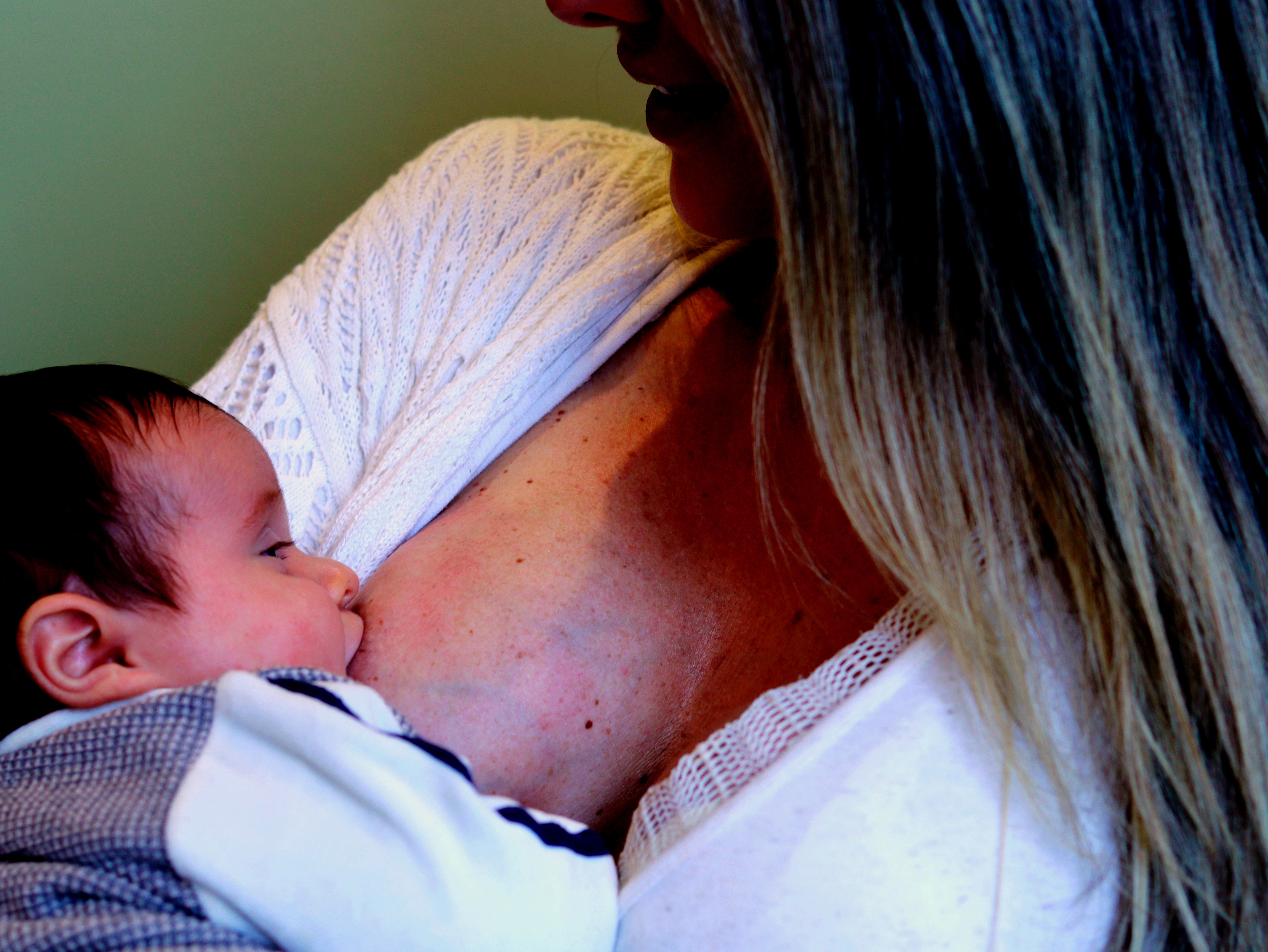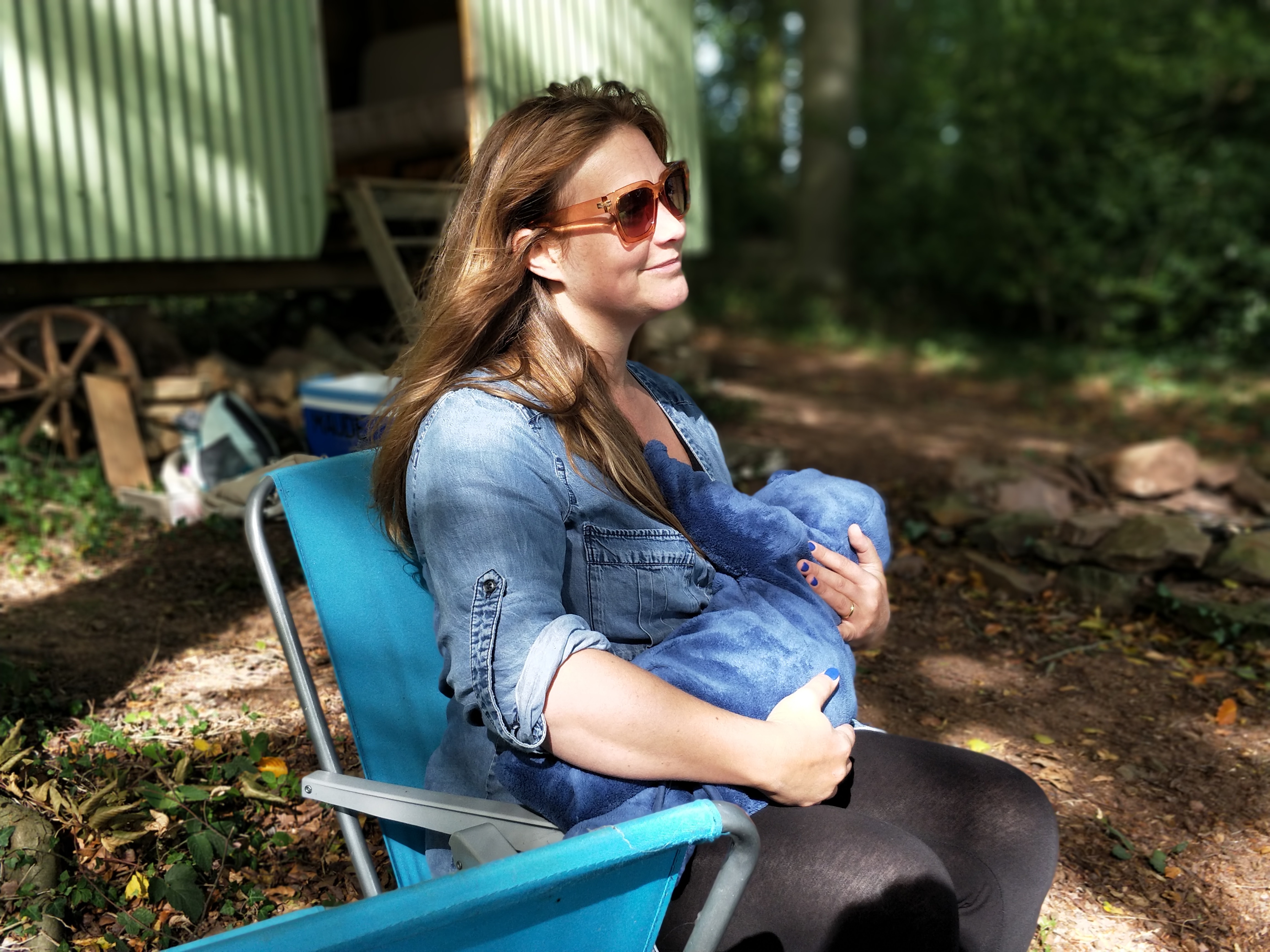Having a baby comes with a lot of big decisions. One of the big things you need to think about is how you’re going to feed your little one. Breastfeeding or formula? There are a lot of differing opinions about both. Breastfeeding has many benefits and it is seen as being more natural, but many say that it can be uncomfortable or even painful. There are further concerns about how it might affect the breasts themselves, or if it is even an option for everyone. But does breast milk hold any advantage over formula? Let’s take a look at the pros and cons of breastfeeding and find out if these concerns have any weight.
Myths about breastfeeding
There are a number of preconceptions about breastfeeding. It might surprise you to know that many of these are untrue. Time for some myth-busting!
- Claim: Formula milk is pretty much the same as breast milk.
False! The vast majority of formula milk is derived from cow’s milk, which can contain bacteria. This is why it must be heated to at least 70°C to be safe for a baby to drink. Breast milk, on the other hand, actively helps to prevent diseases due to antibodies from the mother – one of the many benefits of breastfeeding. Formula milk doesn’t have that going for it. This means that babies who are fed formula are at a higher risk of getting infections and diseases like pneumonia.
- Claim: Breastfeeding hurts.
While it’s true that breastfeeding can hurt, it shouldn’t. Breastfeeding is the natural way to feed your baby. Pain or soreness around the breast or nipple is usually due to the baby not being properly attached or being poorly positioned. Your midwife or doctor should be able to advise you on how to breastfeed correctly, which will sort out any discomfort.
- Claim: Breastfeeding leads to saggy breasts.
False! Breastfeeding itself does not cause sagging. However, pregnancy hormones can cause stretching of the ligaments that support the breasts. To prevent sagging, make sure you wear a well-fitting bra while pregnant – whether you intend to breastfeed or not!
- Claim: You shouldn’t breastfeed in public.
Absolute rubbish. Babies can’t choose an opportune moment to feed. When they are hungry, they need to be fed, whether that is at home, in the street, at a restaurant, or on the bus. Their mothers’ breasts are their natural food source and are available 24/7. Besides this basic common sense, the law also protects women who breastfeed, wherever they happen to do it. The truth is that most people are not bothered by breastfeeding in public in any way, and the more it is done, the more it becomes the norm. However, if you come across someone who takes exception, pay no notice. No one can legally ask you to leave a public space because you are breastfeeding.
- Claim: I might not produce enough breast milk.
Probably false. Almost all new mothers are physically capable of breastfeeding. You can establish a good supply by starting immediately, feeding frequently, and learning to respond to the signs your baby gives you that they are hungry.
- Claim: Breastfeeding ruins your sex life.
False! Breastfeeding shouldn’t prevent you from having sex. It is possible that your breasts might leak a bit during sex, but you can take preventative measures, such as feeding your baby or pumping beforehand or by wearing a padded bra to absorb the milk. Your hormones may make your vagina feel somewhat drier than normal, but lubricant and taking things slowly can provide a solution.
- Claim: You can’t breastfeed if you have flat or inverted nipples.
False! It’s called “breastfeeding”, not “nipplefeeding”. Nipples may come in all shapes and sizes, and some may prove more challenging than others, but as long as your baby gets a good mouthful of breast, they should be able to get the milk they need. When your baby is born, holding them skin to skin can help them to learn the best way to attach themselves.
- Claim: Babies only need breast milk until around six months old, when they start on solid food.
False! Breastfeeding continues to have benefits for both mother and child even after six months. In fact, the World Health Organization (WHO) advises breastfeeding until the child is around two years old.

Benefits of breastfeeding for the baby
Breast milk has a number of advantages over formula:
Nutrition
Millions of years of evolution have led to breast milk being perfectly designed for babies. Its composition changes according to the baby’s needs as he or she grows. The first milk is thick and yellow and known as colostrum. It is rich in protein and low in sugar. These qualities help the baby’s digestive system to develop. As they get older, the milk changes, providing everything the baby needs for the first six months of their life – and in the correct proportions. The only thing that may be lacking is vitamin D, which can be given as drops.
Immune benefits
Breast milk can help to protect the baby from infection and disease. While the baby’s immune system has not been exposed to diseases yet, the mother’s has. For every disease she has encountered, her immune system will have learnt to create antibodies to fight the germs responsible. These antibodies are passed from mother to child in the milk.
One important antibody is immunoglobulin A (IgA), which is one of the body’s first lines of defence. It creates a protective layer in the baby’s nose, throat and digestive tract.
Babies who are fed on formula do not get this benefit, putting them at higher risk of problems such as pneumonia and diarrhoea.
Surprisingly, the effects of breast milk in preventing diseases seems to continue later in life, even after the child has stopped breastfeeding. Studies show that children who have breast milk only for four months are much less likely to get respiratory or gastrointestinal infections than those who have never been breastfed.
Diseases that breastfeeding seems to reduce the risk of include:
- IBD
- Allergies
- Coeliac
- Diabetes
- Childhood leukaemia
- SIDS
- Gut infections
- Colds and infections
Healthy weight gain
Breast-fed babies tend to gain weight at a healthy rate. Moreover, the rate of obesity in later life is much lower in children who were breastfed as babies. Several studies indicate breastfeeding is a protective factor against obesity, with one indicating a 15-20% lower risk by school age.
The reason for this is not totally clear. Breastfeeding encourages the growth of different gut bacteria than in those babies raised on formula, and it is theorised that these bacteria may affect the way fat is absorbed and stored. It is also true that breastfed babies are better at self-regulating, becoming used to eating until their hunger is satisfied. This encourages healthy eating patterns.
Intelligence
One possible benefit of breastfeeding is an effect on intelligence. The jury is still out on whether breast milk makes children smarter, but some studies seem to point that way! Breastfeeding seems to have a positive effect on brain development and breastfed babies could potentially have higher IQ scores.

Benefits of breastfeeding for the mother
As well as providing benefits for the baby, breastfeeding is also good for the mother in a number of ways:
- Helps the uterus shrink to its previous size after giving birth – this is due to the hormone oxytocin, which is produced by the mother’s body while she breastfeeds.
- Lower risk of depression – breastfeeding is a bonding activity that stimulates the production of hormones. Perhaps this is why postpartum depression occurs less frequently in breastfeeding mothers.
- Lower risk of disease, e.g. breast and ovarian cancer
- May help with weight loss (after 3-6 months) – while breastfeeding mothers may gain weight during the first three months after giving birth, they later show a tendency to lose more weight as their bodies experience an increase in fat burning.
- Saves time and money – of course, one of the big advantages of breast milk is that it is free and readily available!
What to take away from all this
With all the benefits of breast milk, it is certainly a good idea to consider breastfeeding your infant. However, it is important to remember that babies reared on formula are unlikely to suffer from health problems, so there is no need to worry if you choose not to or are unable to breastfeed. Breastfeeding simply reduces the risk of certain problems and has added benefits. It is also worth remembering that each baby and each mother are different and what is best for one family is not necessarily best for another. The most important thing is that your baby has a safe and loving home with parents who will do anything for them.
Sources:
https://www.nhs.uk/conditions/pregnancy-and-baby/benefits-breastfeeding/
https://www.healthline.com/nutrition/11-benefits-of-breastfeeding








Join the discussion